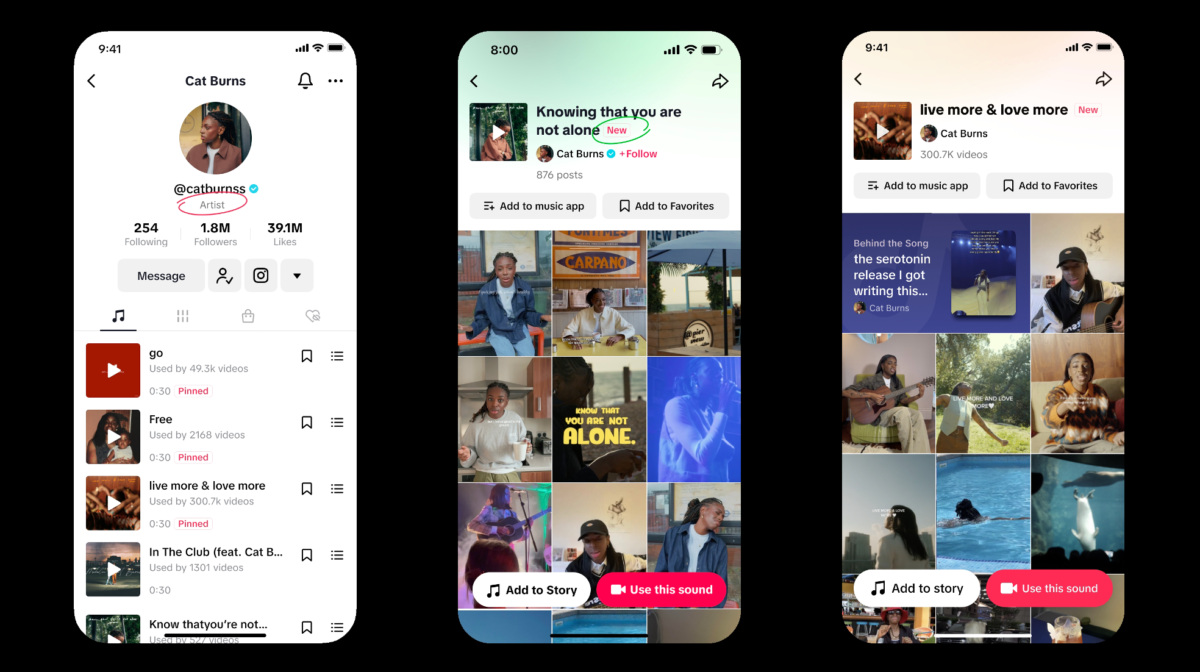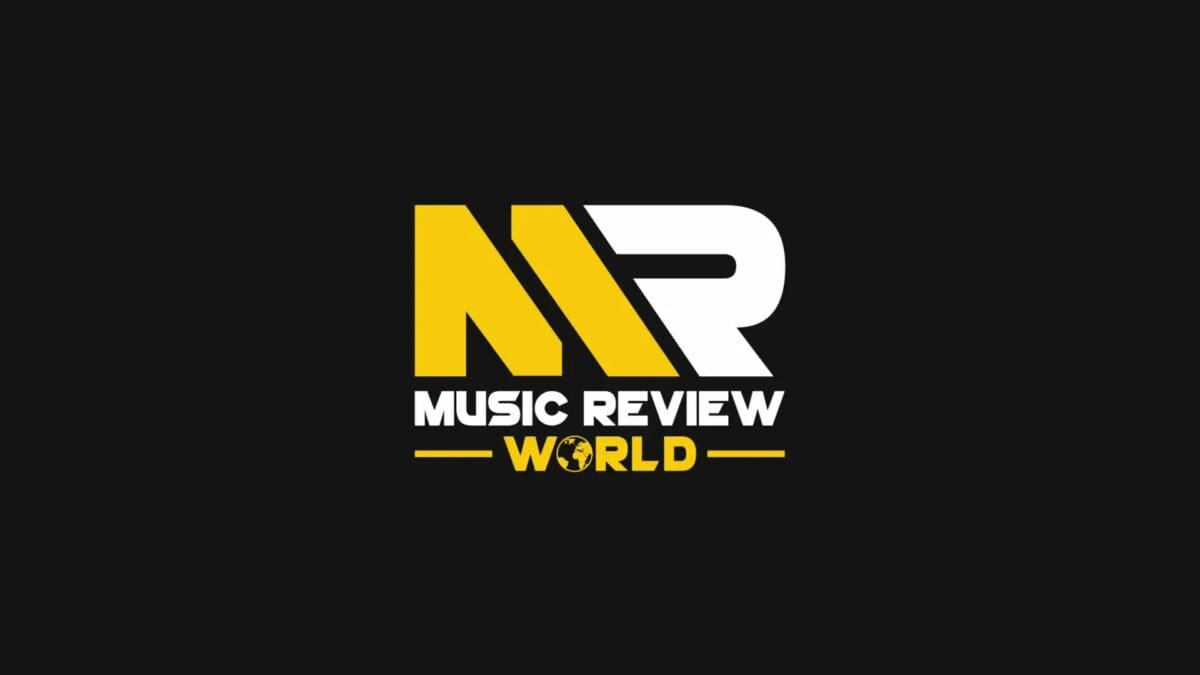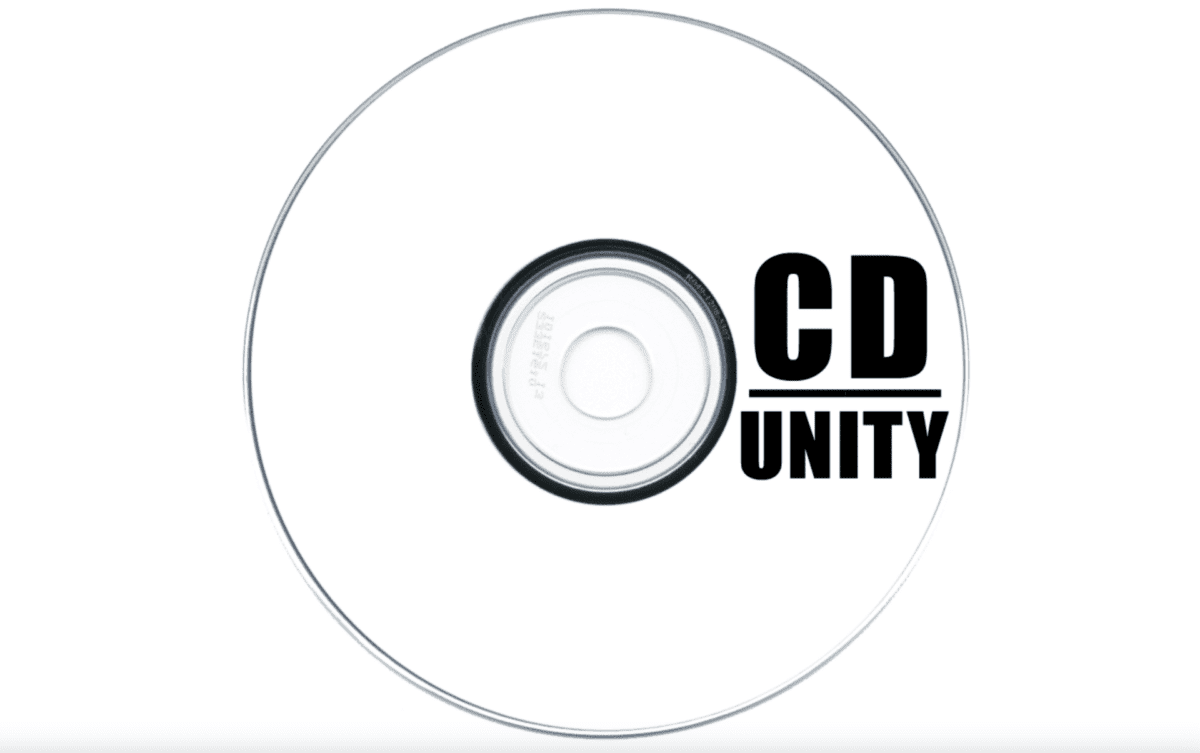Did you know that you could be missing out on music publishing royalties if you are not using split sheets? But, what is a music split sheet and why do you need one?
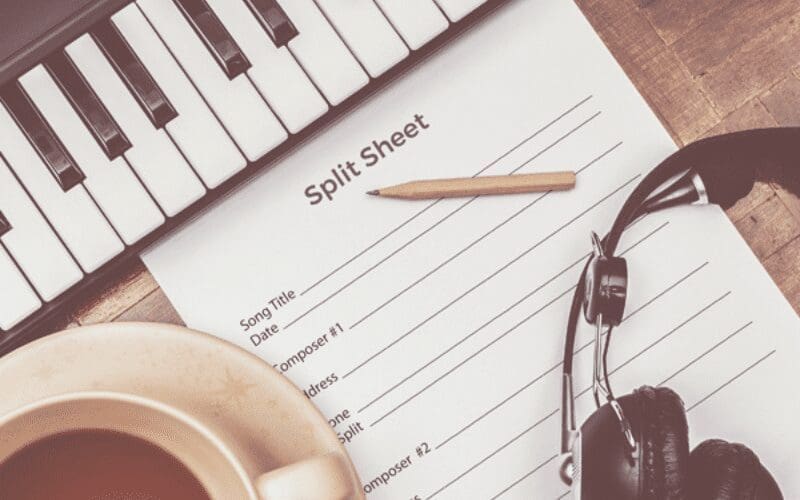
In this article, we are going to go through what split sheets are, who needs to sign them, and much more!
Be sure to stick around until the end so you don’t miss anything. Let’s dive in!

The music or songwriters split sheet is a document that lists everyone who is considered a writer of the song.
Additionally, the document will contain the ownership percentages of the song (referred to as splits).
What Is A Music Split Sheet Used For?

The music split sheet assists in ensuring that all those involved in the songwriting and music creation process receive proper credit and compensation for their work. It will also ensure that each individual is paid correctly.
When we have multiple contributing writers on a song with each contributing lyrics, and music (melody, chords, etc.) things can get a bit complicated. The Split Sheet simplifies the task of managing multiple songwriter ownership.
In the music industry, the songwriter split sheet represents the music publishing (composition) side of the song. They do not represent the master (the recording) portion of song ownership.
Who Should Sign A Songwriter’s Split Sheet?
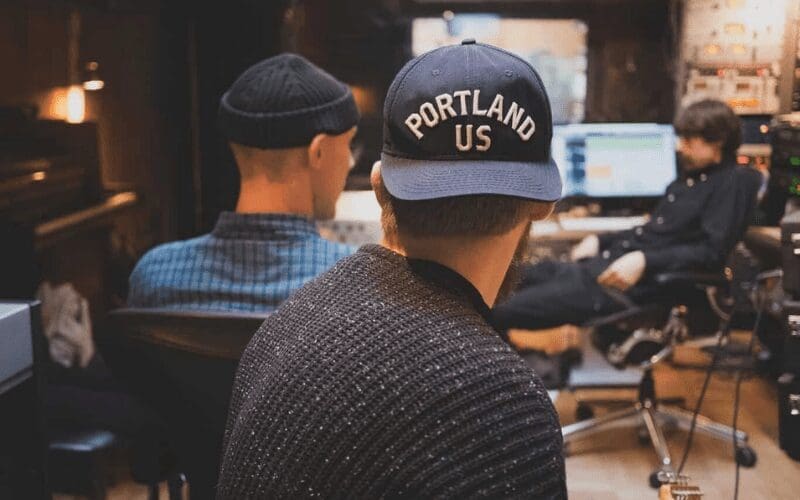
Anyone who is involved in writing a song should complete and sign a songwriter’s split sheet.
There are multiple circumstances in which music producers, recording artists, and musicians will sign a split sheet. Let’s look at a few examples below.
Music Producers
A music producer who creates a melody, hook, or other compositional elements. Or perhaps a beatmaker may be considered a contributing songwriter and sign a songwriter’s split sheet.
Major Recording Artists
Major recording artists will often request an ownership interest in a song if they record it.
In this case, they would sign the music split sheet with the negotiated split percentage recorded.
Music Publishers
If we use a sample, the music publisher can ask for a share of publishing on behalf of their client due to copyright law. The songwriter’s split sheet must include the sample owner, music publisher information, and their percentage of ownership in the song.
This is a useful way of avoiding future disputes regarding royalties.
Musicians & Vocalists
A vocalist who creates a melody or a musician who creates a bass line or other musical element that really “makes” the song (considered a significant element).
They could be included in the songwriter’s share of ownership and would sign a music split sheet.
When Should You Sign A Songwriter’s Split Sheet?

There isn’t an absolute time frame for when songwriters should sign a songwriter’s split sheet, but there is industry “best practices.”
Let’s go into more detail.
Before The Songwriting Session
Music attorneys, artist managers and agents, music publishers, and record label executives say the best time to sign a music split sheet is before the first songwriting or recording session.
This is because they don’t want to see their clients waste a day, their time, or money (studio rentals, engineers, etc.). This is due to the fact someone involved in the process could refuse to sign a music publishing split sheet (or any other agreement).
After The First Songwriting Session
However, there are times when it is better to wait until after the first songwriting session (especially with first-time songwriters). This is to gauge how well the collaboration is working.
When working with a songwriter for the first time, it could be worth sending a songwriter’s split sheet home with them. You should ask them to read it, consult an attorney, and ask questions.
This is so they feel comfortable and make them feel you can trust you. Asking someone to sign a document straight away can make them feel skeptical or uneasy. Particularly if they have had a bad experience in the past for instance.
Therefore, it is wise to sign music split sheets relatively early in the songwriting process.
Is A Songwriter’s Split Sheet Necessary?

As songwriters, our goal is to have our music recognized and heard by the largest audience possible. It is also essential that we are properly credited and compensated for the public performance and when our music is used.
Furthermore, songwriter’s split sheets facilitate registration of our works with Performing Rights Organizations (PROS) and other music royalty collection societies to ensure timely and accurate payment of royalties. There are additional benefits to using split sheets in the music business.
A Songwriter’s Split Sheet Provides Written Proof Of Ownership
At the time of writing the song, a split sheet may not seem that important. When two songwriters are collaborating, how hard can it be to remember a 50-50 split?
What if, in 10 years, your collaborator claims that they were promised 80% song ownership? How will you prove this to a record label? A music publisher or music supervisor? How would you prove this in court?
In addition, if there are three songwriters, will everyone remember which songwriter got that extra .01% in a three-way split in three years? In five years, will anyone remember the details of the song? Will anyone remember the splits they agreed on?
A signed songwriter split sheet provides a written record of the details of song ownership. Additionally, it provides clarity should questions arise later on.
The Music Split Sheet Is A Tool Of The Songwriting Professional
A signed split sheet demonstrates to artist agents and managers, music sync agents, music publishers, music supervisors, record labels, and our colleagues that we are professional songwriters. It indicates that we consider this a business that we take seriously.
Sync agents and music supervisors may not represent a song if a songwriter’s split sheet and/or songwriter’s agreement isn’t in place. A song without an agreement is a red flag indicating potential problems.
If a music sync agent or music supervisors were to license a song without a written agreement between songwriters, their reputation could be on the line should a dispute or other issue arise. They need to have all the rights to a song cleared.
Music Publishers
Music publishers can not register a song with a PRO if we haven’t provided them with the songwriters of a song and the song split information. This is due to the large quantity and quality of music available today.
Therefore, songs without a signed songwriting agreement are usually rejected over songs with signed songwriting agreements between songwriters.
Essential Elements Of A Songwriter’s Split Sheet

Wondering how to fill out a songwriter split sheet? Split sheets in music can be as simple as each songwriter’s name, the percentage of the song they own, a date, and a signature.
Alternatively, they can be as complicated as a multi-page detailed songwriter agreement. Let’s look at the most standard elements found on a songwriter’s split sheet:
Split Sheets Checklist
- Song Title: The final title of the song. If there are alternate titles, include those too.
- Date: The day the writer(s) signed the agreement or the song completion date.
- Writer/Composer Name: The legal name(s) of all songwriters involved.
- Role in the Song Creation (Music Producer, Songwriter, etc.)
- Specific Contribution (Lyrics, Melody, Beats, Hook, etc.)
- Percent Ownership In Lyrics: If a songwriter contributes lyrics write the percentage here.
- Percent Ownership In Music: If a songwriter contributes melody, chords, and other musical elements, write the percentage here.
- Mailing Address: The address where the songwriter receives physical mail.
- Email Address: Crucial for immediate communication!
- Phone Number: Also crucial for immediate contact.
- Writer’s PRO: The Performance Rights Organization of the songwriter (ASCAP, BMI, SOCAN, PRS, etc.).
- IPI Number: The IPI or CAE number associated with the writer’s PRO account. (This is not the same as the member number).
- Signature: All songwriters must sign the Music Split Sheet to be considered a valid, enforceable document in court.
- Publisher’s Name: The Music Publishers Name. If you do not have a music publishing deal, then you are considered “self-published”. In this case, enter either your name or “SELF” in the Publisher Name field.
- Publisher’s Company: If you are self-published, enter either the company name you have created or “SELF.”
- Publisher’s IPI Number: Enter IPI or CAE number associated with the Music Publisher’s account. (This is not the same as the member number).
- Mailing Address of Publisher
- Publisher’s Email: This is important for immediate contact
- Phone Number Of Publisher: Also crucial for immediate contact.
TIP: The songwriter’s split sheet can be amended or modified at any time (changing contact details, adding writers, etc.), as long as all parties approve and re-sign the new/amended agreement.
Additional Items That Can Appear On A Songwriter’s Split Sheet
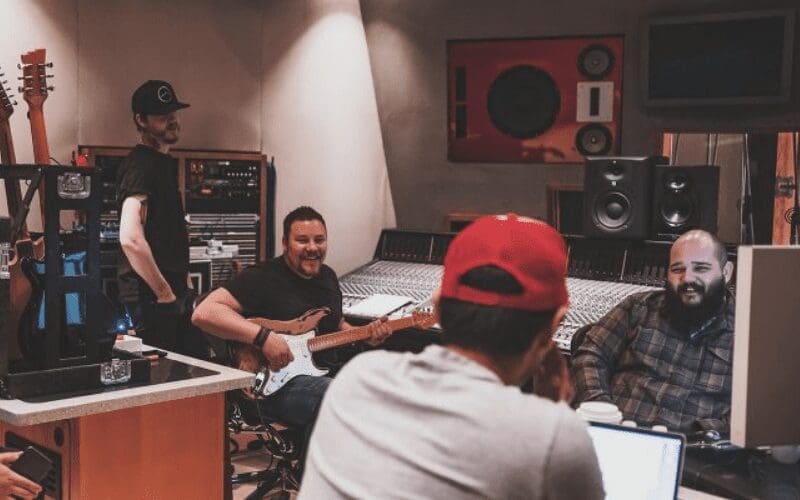
We frequently write songs with no particular artist in mind. A standard music split sheet is sufficient in this case. But there are times when we write songs in a studio while the music producer creates the track.
Sometimes we are the producer while the singer/songwriter/artist writes the lyrics. Adding the additional information listed below will help tie the songwriting process to the master recording:
- Recording Artist
- Record Label
- Record Label Contact
- Music Producer
- Audio Engineer Email Address / Music Producer
- Music Producer / Audio Engineer Phone Number
- Name of Studio
- Studio Address
- Studio Phone Number
- A list of samples used (if any) and the album, artist, and track name sampled.
Calculating Song Split Percentages

The percentage of ownership for all songwriters must sum to 100%. The allocation of percentages between lyrics and melody for each songwriter must equal the songwriter’s total share of the song. For example, we have two songwriters splitting the ownership of a song equally. Therefore, the overall split would be 50% to writer one and 50% to writer two.
Within the split, we can further define the division between lyrics and melody. For example, songwriter one only creates the lyrics, and songwriter two creates only melodic content. In this example, writer one’s percentage of lyrics would be 50%, and the percentage of the melody would be 0%. Writer Two’s percentage of lyrics would be 0%, and the percentage of melody would be 50%.
This takes the overall song ownership total up to 100%.
Music Publisher’s Splits
We calculate the music publisher’s splits the same way we calculated the songwriter’s splits. The percentage amount given to each songwriter is the same amount given to the songwriter’s music publisher. If two songwriters agreed on a 50-50 split, each publisher will receive 50% of the total music publishing royalties. The overall music publishing ownership total adds up to 100% as well.
Furthermore, all songwriters must agree on the split percentages, that the total of the splits written on the songwriter’s split sheet is accurate and add up to 100%, and that each songwriter has signed the split sheet. If there is a discrepancy, the PRO will withhold all royalty payments until all parties resolve it.
Negotiating Song Splits With Songwriters
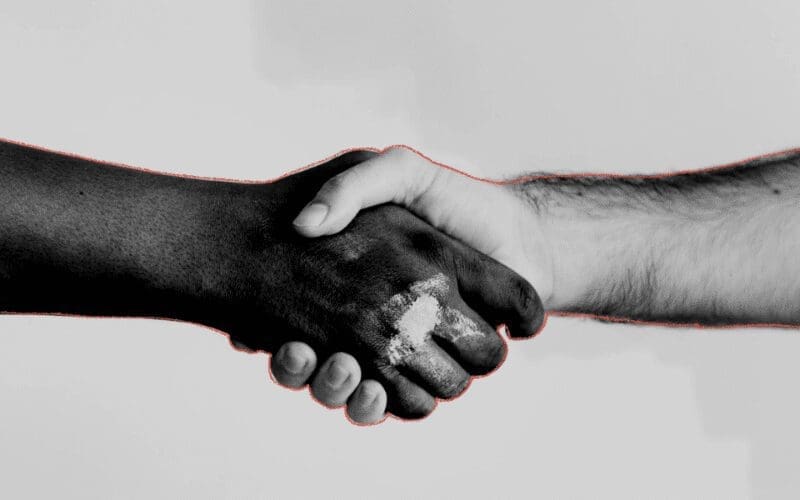
Negotiating the splits of a song can be as straightforward or as complicated as the songwriters make it. Most professional (and successful) songwriters split song ownership equally between all songwriters.
Additionally, professional songwriters are interested in developing lasting relationships with other professionals. They want to be known as “fair” and “easy to work with.” The professional songwriter is most interested in crafting the best song possible.
Genre
Sometimes a song’s genre plays a part in determining splits. Hip-hop, rap, and dance music producers will often receive a songwriting share because of their roles in creating and writing the song. These may or may not be equal to the percentage of other songwriters.
On the other hand, a songwriter’s split sheets will not include all areas that a formal Songwriters Agreement might address. This includes songwriting credits and song exploitation rights. The Songwriters Agreement can address these topics and more. We will explore the Songwriters Agreement in a future article.
Where Can I Find A Songwriter’s Split Sheet?
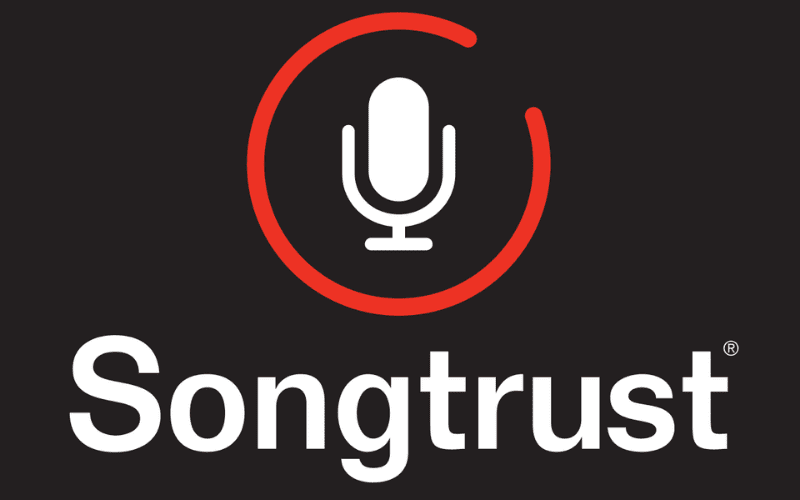
You can find both free and paid music split sheet examples and songwriters split sheet templates available on the Internet.
Songtrust and ASCAP offer templates on their website for you to download so head over there!
Our Final Thoughts

As we saw in this article, a songwriter’s split sheet can be a simple, one-page document. In this document, be sure to list all songwriters, their contact information, and the percentage of the song they own. This is used to settle any disputes before they’ve started!
Additionally, the split sheet in music protects artists and their work and facilitates easy exploitation of the work by music publishers, sync agents, and music supervisors when it is complete. Moreover, is an essential tool in the professional songwriters’ toolbox. We hope that you found this article informative and valuable and will use music split sheets in your songwriting!
If you enjoyed this article be sure to check out some more on our blog! We have guides on How To Become A Music Journalist, How To Be A DJ For Beginners, How To Become A Radio Host and so much more!






